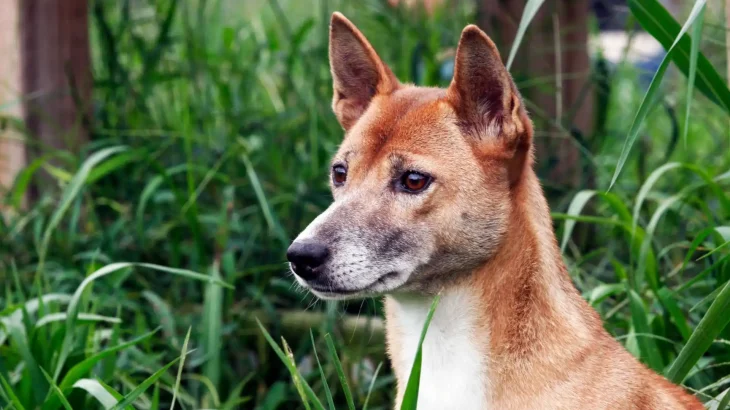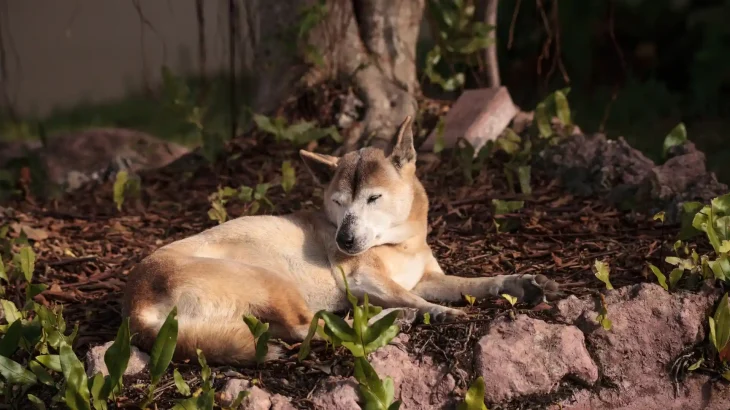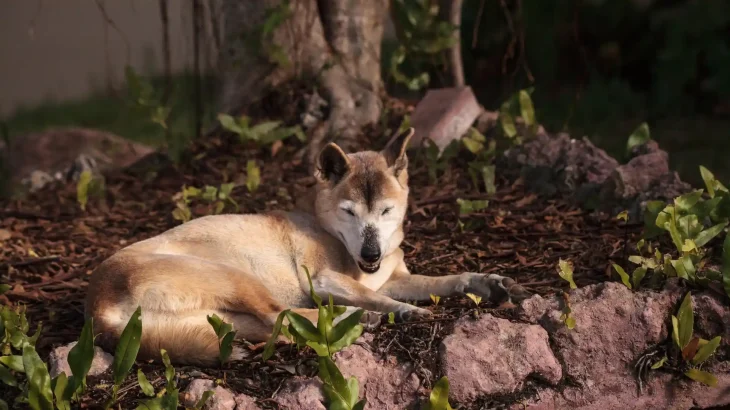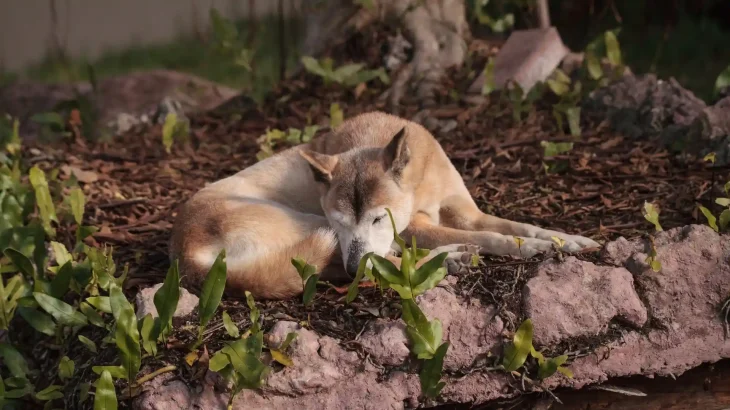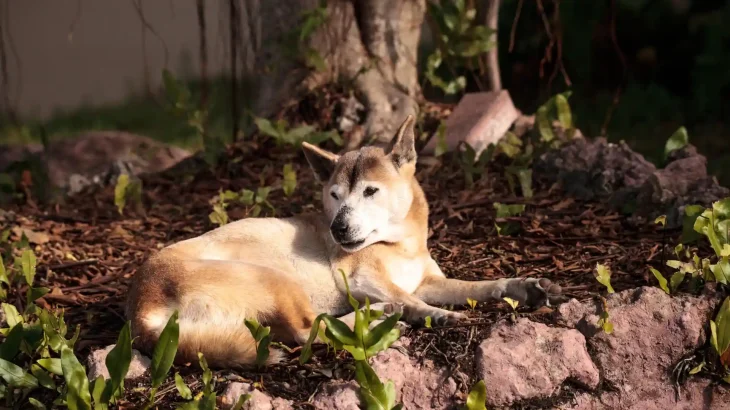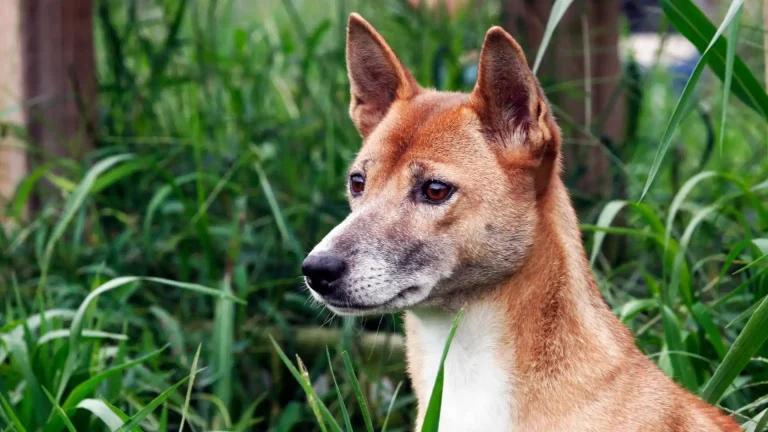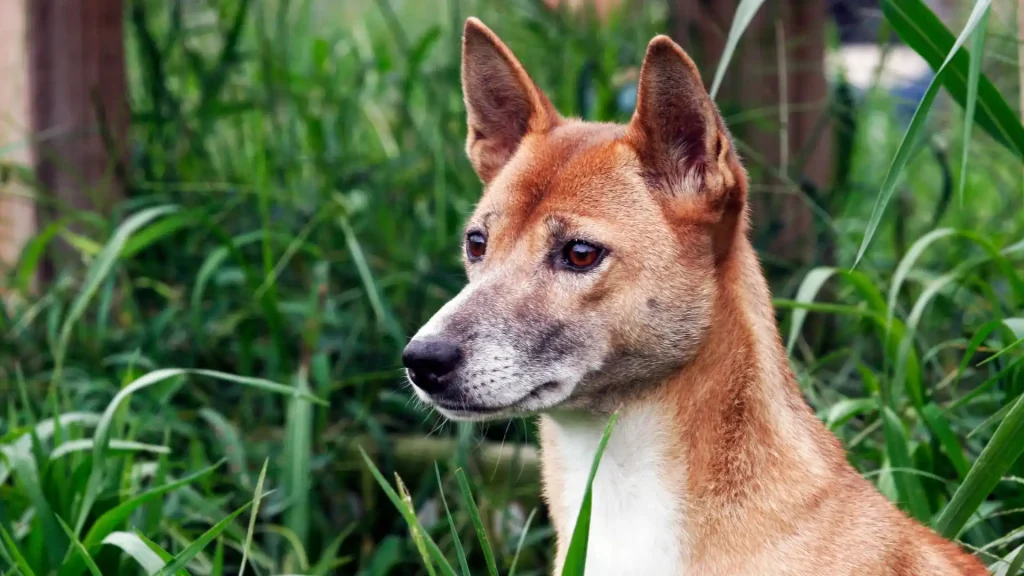Deciding between adopting or purchasing a New Guinea Singing Dog puppy depends on priorities like health, ethics, and supporting conservation. Buying from a breeder may provide clearer lineage and health info, while adoption supports rescue and preservation efforts for this rare breed.
Adoption vs. Breeder: Pros & Cons
| Criteria | Buying from Breeder | Adopting from Shelter/Rescue |
|---|---|---|
| Cost | Generally higher due to rarity and pedigree verification. | Often lower; fees support conservation or rescue. |
| Health History | More likely to have detailed records and genetic screening. | Health history may be limited or unknown. |
| Age Availability | Primarily puppies, allowing early socialization and training. | Varied ages; may include adults needing homes. |
| Ethical Considerations | Supports ethical breeding focused on breed purity. | Helps protect endangered populations and reduce hybridization risks. |
| Breed Purity & Pedigree | Greater assurance through pedigree documentation. | Purebred status may be less certain due to conservation challenges. |
| Return Policy & Support | Often includes breeder support and health/temperament return policies. | Support varies; often community-driven or via rescue groups. |

